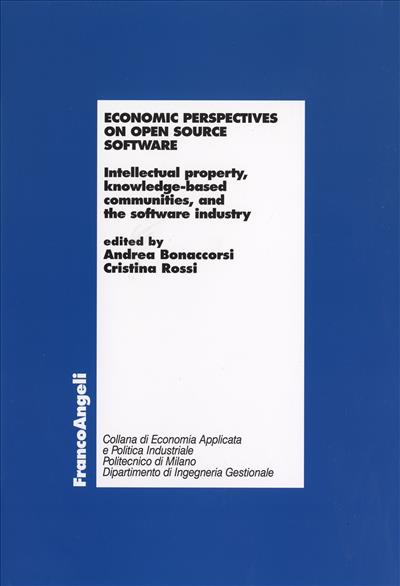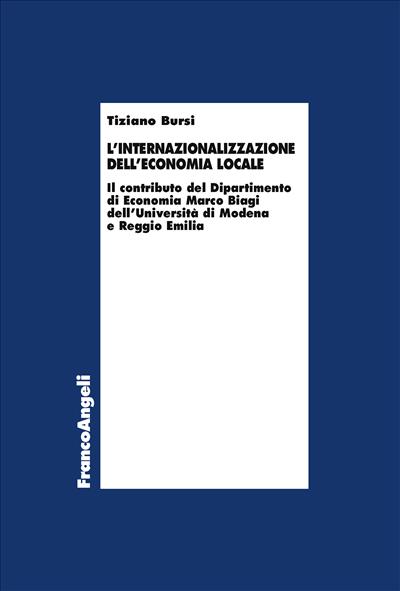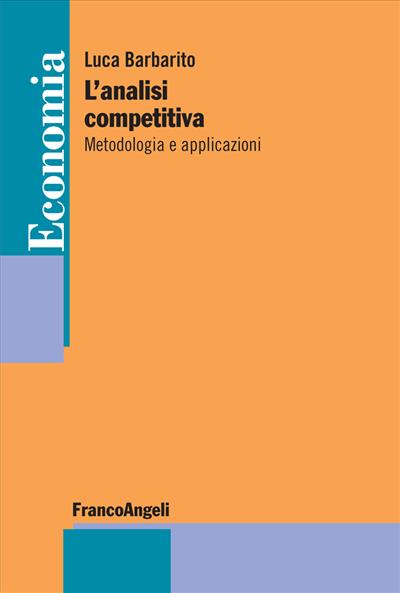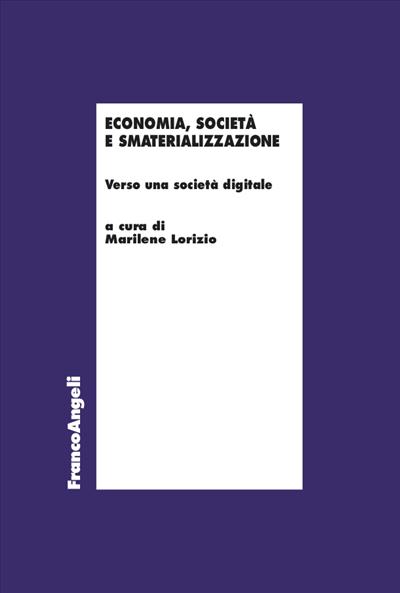
A cura di: Andrea Bonaccorsi, Cristina Rossi
Economic perspectives on open source software
Intellectual property, knowledge-based communities, and the software industry
Pagine: 256
ISBN: 9788846484192
Edizione: 1a edizione 2006
Codice editore: 380.324
Disponibilità: Discreta




